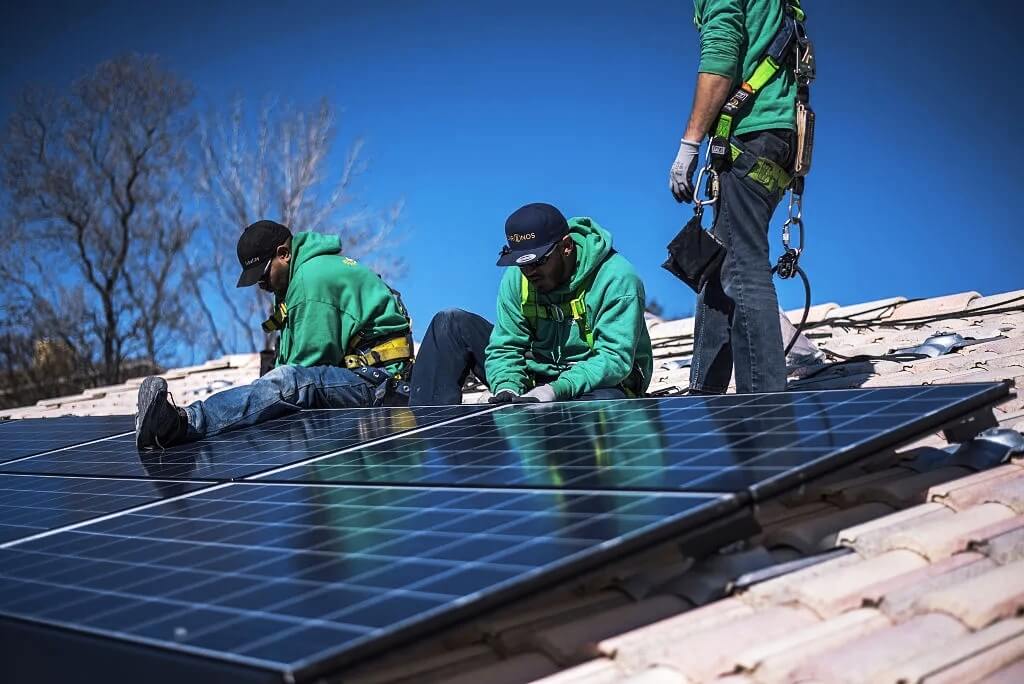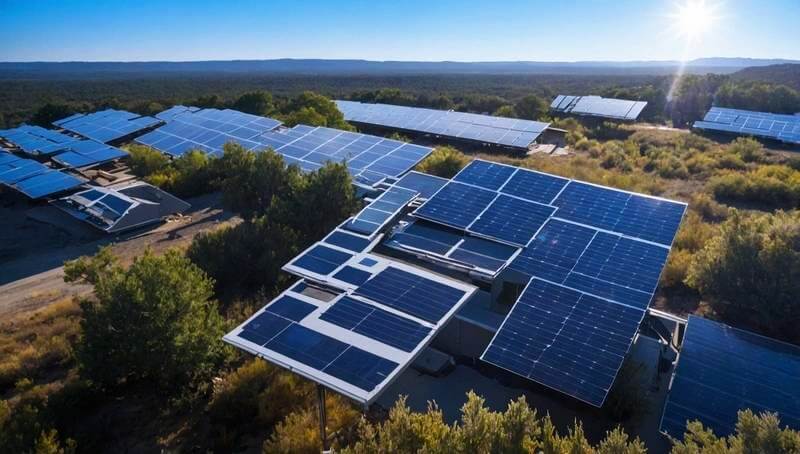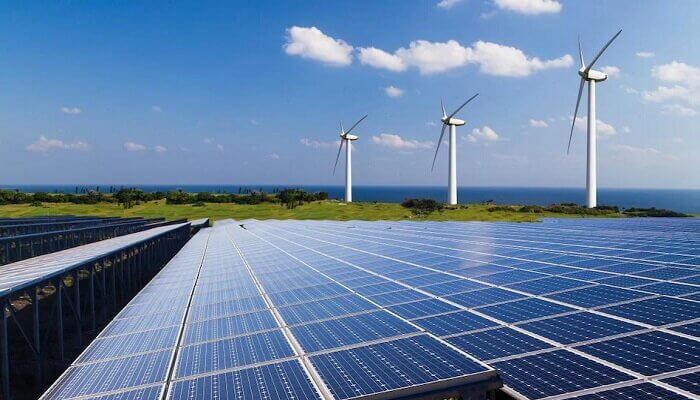In the 21st century, most energy policies around the world have been shaped not by ideas or innovation—but by lobbying and political deals. The U.S. is no exception. In the aftermath of the Trump administration, industrial solar energy received expanded subsidies while residential solar incentives were abruptly slashed.
This imbalance, driven by political influence rather than market logic, has cost taxpayers billions and weakened transparency in the clean energy sector. In response, a bold new proposal is gaining traction: a 2028 energy subsidy deadline that would eliminate all federal support for new energy projects.

This isn’t just an economic decision—it represents a fundamental shift toward energy independence, budget discipline, and free-market competition.
What the 2028 Energy Subsidy Deadline Means
Under this proposal, the Inflation Reduction Act (IRA)—which has powered much of America’s clean energy boom—will begin a final countdown:
By the end of 2028, no new solar, wind, hydrogen, or carbon capture project will be eligible for federal subsidies.

Any project placed “in service” by the 2028 energy subsidy deadline will still be allowed to collect remaining eligible benefits.
After that, no new energy subsidy programs—of any kind—will be approved under federal law.
This firm deadline gives businesses, investors, and workers a clear timeline to prepare for a subsidy-free energy economy.
Why the 2028 Energy Subsidy Deadline Matters
This deadline offers a balanced and fair opportunity to:
- ✅ Fulfill government promises to phase out IRA subsidies.
- ✅ Allow companies nearing completion to still benefit from their investments.
- ✅ End the unfair penalty placed on residential solar users.
- ✅ Save trillions in taxpayer money.
- ✅ Lower energy costs and improve grid reliability.
Preparing for a Post-2028 Reality
The 2028 energy subsidy deadline will force the clean energy sector to evolve:
- Business models dependent on government support will need urgent reform.
- The market will favor innovation, not influence.
- Political pushback is likely, but the fiscal and long-term energy benefits are hard to ignore.
Speak Up if You Support the 2028 Energy Subsidy Deadline
This policy doesn’t play favorites. It creates a fair, free, and transparent energy market for all. If you believe energy should compete on its own merit—not government handouts—then now is the time to support this 2028 energy subsidy deadline publicly.
Conclusion: Countdown to a Fair Energy Future
The 2028 energy subsidy deadline could become a turning point in how America powers its homes, industries, and future. It promises cheaper energy, a balanced budget, and a grid driven by innovation—not politics.



